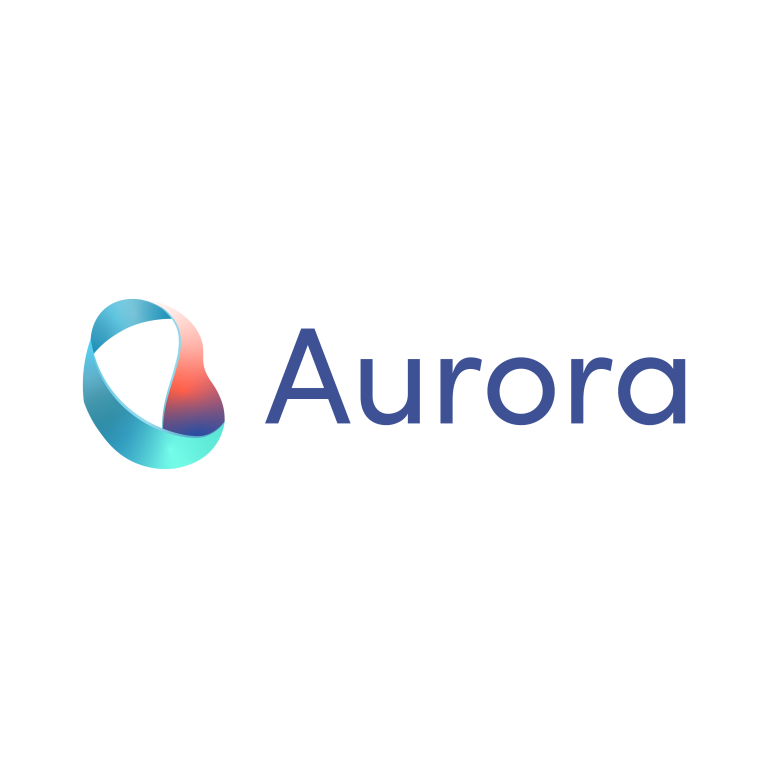AURORA

The AURORA project addresses climate-related health risks across the EU Boreal region and Europe, responding to rising floods, wildfires, heatwaves, and sea-level rise that increasingly impact vulnerable communities. Recent disasters highlight the urgent need for systemic adaptation and resilient solutions.
AURORA develops a Decision Support System with tools to monitor environmental stressors, model climate–health interactions, forecast future scenarios, and identify regional vulnerabilities. Powered by AI, it delivers early warnings, suggests adaptation measures, and promotes nature-based solutions for healthier, climate-resilient cities.
Stakeholder engagement takes place through “Living Mission Labs” in five demo cities—Riga, Tallinn, Vilnius, Tampere, and Pori—and three replicant cities—Klaipeda, Joniskis, and Jurmala. Insights will support policymakers in strengthening climate strategies and urban resilience plans.
Geosystems Hellas (GSH) leads a comprehensive gap analysis of existing surveillance, modeling, and forecasting tools globally and in the Boreal region. GSH also develops a benchmarking catalogue to identify missing or underdeveloped technologies, using methods such as surveys, expert panels, and user feedback.
The Aurora Project is ongoing
The AURORA project has received funding from the [European Union’s Horizon Europe, Innovative Actions], under grand agreement No [101157643]

